Established in 2019, Adeera Packaging is one of the largest sustainable packaging manufacturers in India. The company replaces about 20 plastic bags per second with sustainable packaging, and by making bags from recycled and agricultural waste paper, it prevents 17,000 trees from being cut down every month. In an exclusive interview with Bizz Buzz, Sushant Gaur, Founder and CEO of Adeera Packaging, said: “We offer daily delivery, fast turnaround times (5-25 days) and a custom package solution for our customers. Adeera Packaging is a manufacturing company. “but over the years we have learned that our value lies in the service we provide to our customers. We supply our products to over 30,000 ciphers in India.” Adeera Packaging has opened 5 factories in Greater Noida and a warehouse in Delhi, and plans to by 2024 to open a plant in the USA to expand production. The company currently sells paper bags worth Rs. 5 million per month.
Can you elaborate on how to make these paper bags from agricultural waste? Where do they collect garbage?
India has long been producing paper from agricultural waste due to a shortage of deciduous and long-staple trees. However, historically this paper has been produced for the production of corrugated cardboard boxes, which usually did not require high quality paper. We started developing low GSM, high BF and flexible paper that can be used to produce high quality paper bags at a low cost with minimal environmental impact. Since our industry is insignificant in the market for corrugated boxes, no paper mill is interested in this task without an active buyer like us. Agricultural waste, such as wheat husks, straw and rice roots, is collected from farms along with weeds in homes. The fibers are separated in boilers using parials as fuel.
Who came up with this idea? Also, do the founders have an interesting backstory as to why they started the company?
Sushant Gaur – At the age of 10, he founded this company when he was in school and was inspired by the environmental club’s anti-plastic campaign. When I realized at the age of 23 that SUP was about to be banned and that it could be a profitable business, I immediately moved from a potential career as a professional drummer in a famous rock band to production. Since then, the business has grown by 100% compared to last year and the turnover is expected to reach Rs 60 crore this year. To achieve carbon neutrality for recycled paper bags, Adeera Packaging will open a manufacturing facility in the US. The raw material (waste paper) of recycled paper mainly comes from the United States and is then recycled and sent back to the United States as a finished product, resulting in a huge carbon consumption that can be avoided by setting up local factories near where plastic bags are consumed.
What is the packaging history of Urja? How did you get into the paper bag business?
I went to the Ministry of the Environment to get permission to purchase renewable energy generation technology. There I learned that single-use plastic would soon be banned, and with that in mind, I turned to the paper bag industry. According to research, the global plastics market is $250 billion and the global paper bag market is currently $6 billion, although we started with $3.5 billion. I believe that paper bags have a great opportunity to replace disposable plastic bags.
In 2012, right after completing my MBA, I opened my own business in Noida. I invested 1.5 lakh to start Urja Packaging paper bag company. I expect strong demand for paper bags as awareness of the negative impact of single-use plastic grows. I founded Urja Packaging with 2 machines and 10 employees. Our products are made from recycled paper and paper made from agricultural waste obtained from third parties.
At Adeera, we consider ourselves a service provider, not a manufacturer. Our value to our customers lies not in the production of bags, but in their timely and without exception delivery. We are a professionally managed company with a core value system. As a long term plan, we are looking at the next five years and are currently planning to open a sales office in the US. Quality, Service and Relationships (QSR) is the main goal of Adeera Packaging. The company’s product range has expanded from traditional paper bags to large bags and square bottom bags, allowing it to enter the food and pharmaceutical industry.
How do you see the future of the company and the industry? Are there any short and long term goals?
For the paper packaging industry to replace plastic bags, its compound annual growth rate would need to be 35%. FMCG packaging is much more than takeaway packaging and the industry is well established in India. We are seeing a late adoption in FMCG, but very organized. Looking at the long term, we hope to take a large share of the packaging and co-packaging market for FMCG. In the short term, we are looking at the US market, where we hope to open a physical sales office and production. There is no limit for Adeera Packaging.
What marketing strategies do you use? Tell us about any growth hacks you’ve managed to achieve.
When we started, we used colloquial terms for SEO despite all the consultants telling us not to. Some of the big advertising agencies laughed at us when we asked to be included in the “Paper Lifafa” category. So instead of listing ourselves on any platform, we use 25-30 free ad sites to advertise ourselves. We know that our customers think in their native language and are looking for paper lifafa or paper tonga and we are the only company on the internet where these keywords are found. Because we’re not represented on any major platform, we need to keep innovating. We launched this channel in India or maybe the world’s first paper bag YouTube channel and it’s still going strong. On top of that, we introduced selling by weight rather than by piece, which was a pseudo-viral move for us, because changing the number of units sold was a huge change, and while the market loved it, no one was able to do it in two years. years. Copy us, this excludes any possibility of scraping the amount or weight of the paper.
We have started recruiting from the best schools in India and we want to create the best team in the world for this industry. To this end, we also began to actively attract talent. Our culture has always attracted young people to grow up and become independent. We add new production lines every year to diversify our products, and next year we plan to increase our production capacity by 50%, most of which will be new products. At the moment, we have a capacity of 1 billion bags per year, and we will increase this to 1.5 billion.
One of our core principles is building long-term relationships backed by quality and excellent service. We are hiring vendors all year round for expansion and are constantly expanding our capacity to meet this growth.
When we launched Adeera Packaging, we couldn’t predict our rapid growth, so instead of having one big 70,000 sq. ft., we were located in 6 different locations in Delhi (NKR), which increased our overhead costs. We didn’t learn any of this because we kept making that mistake.
Since inception, our CAGR has been 100%, and as the business has grown, we have expanded the scope of management by inviting co-founders to join the company. Now we look at the global market more positively than uncertainly, and we are accelerating growth rates. We have also put in place systems to manage our growth, although to be honest these systems need to be constantly updated.
There is no point in working hard and hard for 18 hours a day if you do it from time to time. Consistency and purpose are the cornerstones of entrepreneurship, but the foundation is continuous learning.
Post time: Aug-23-2023


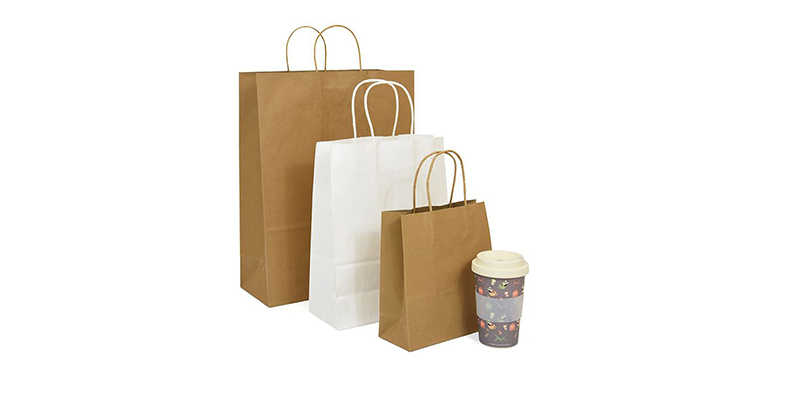
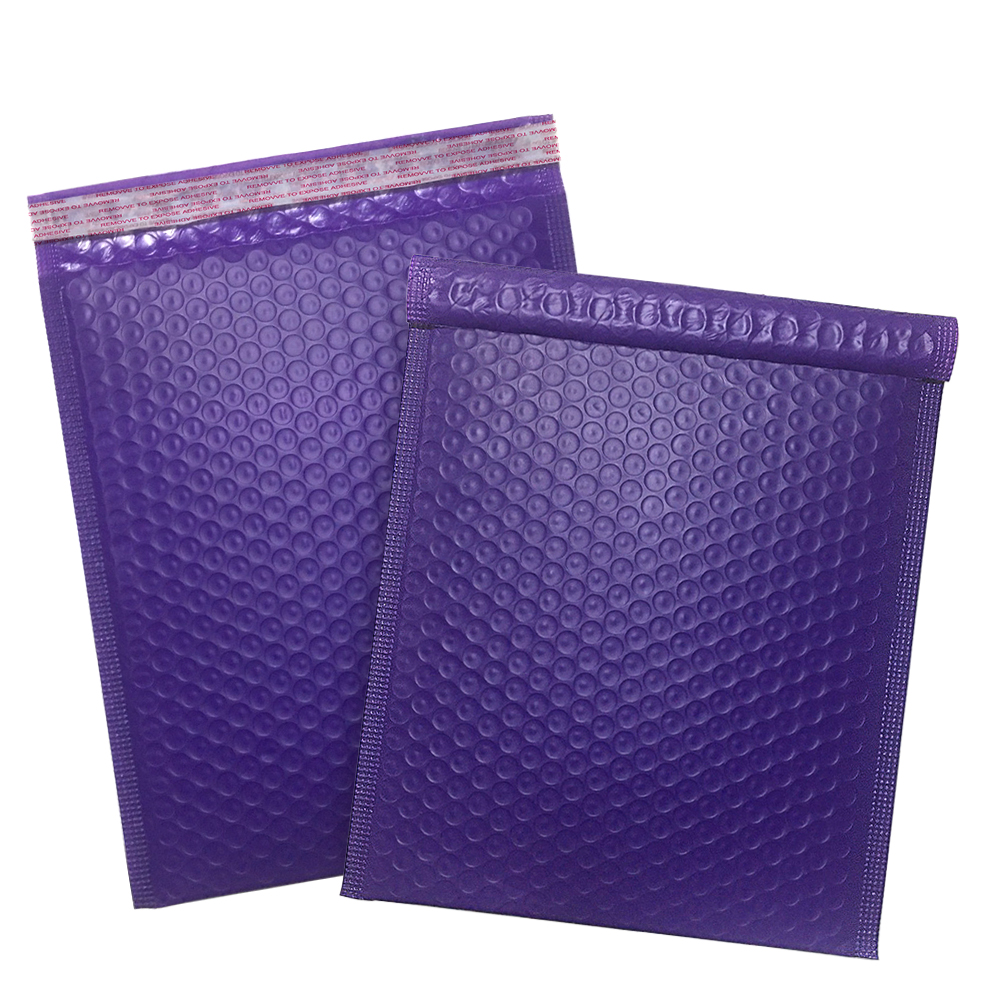
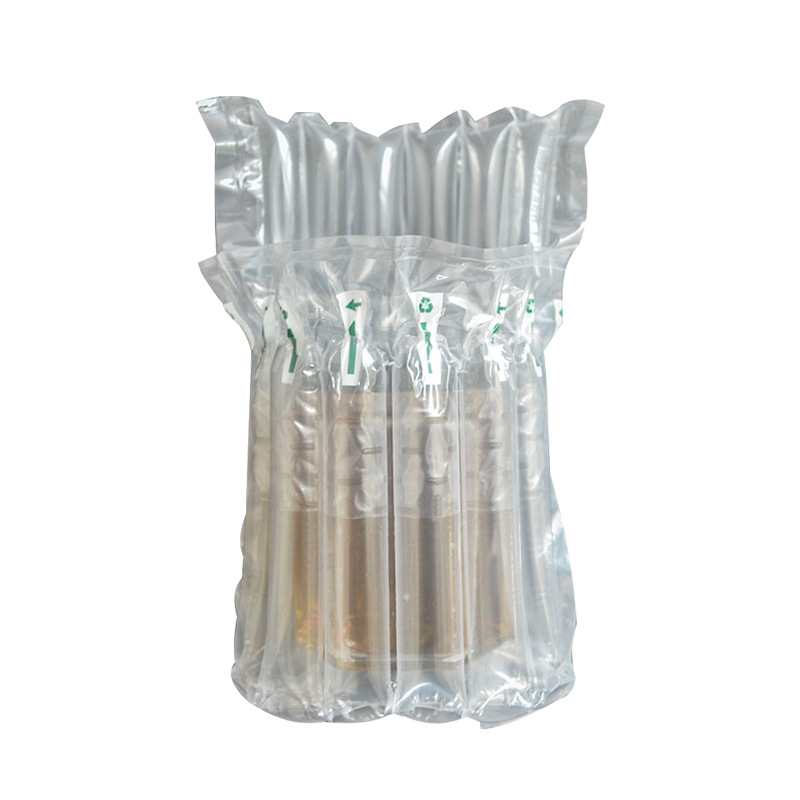
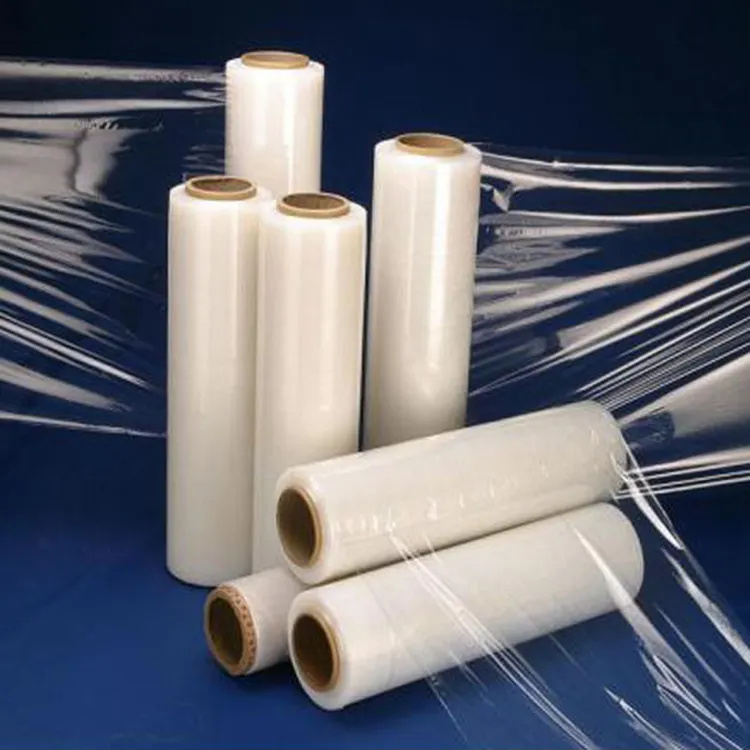
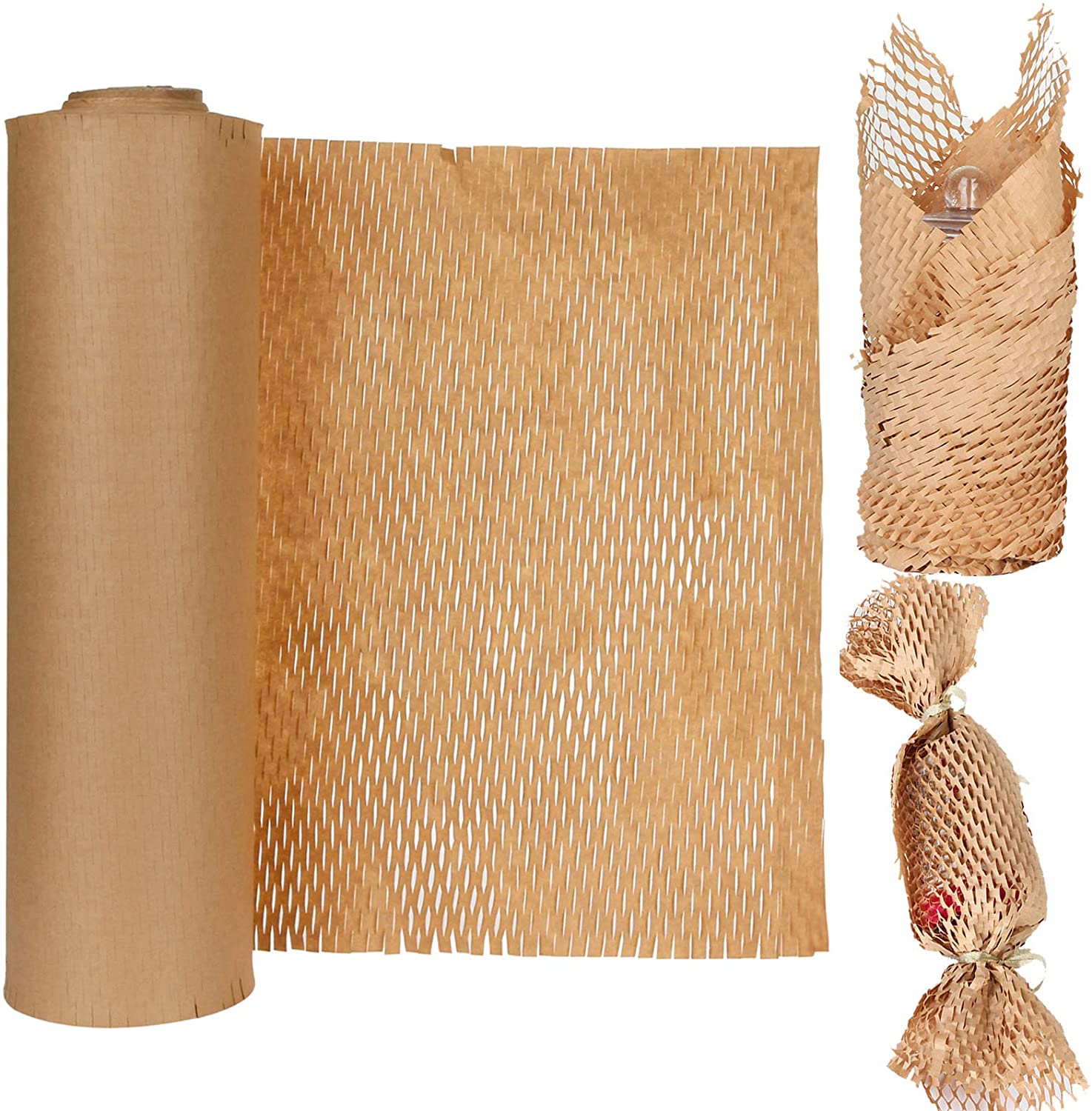
.png)
.png)
.png)


